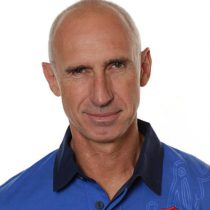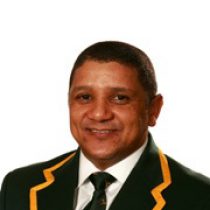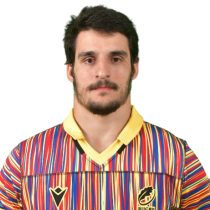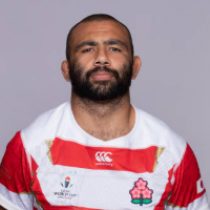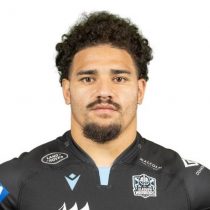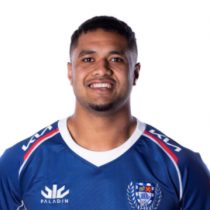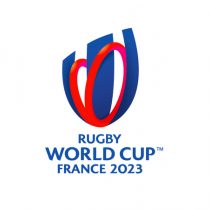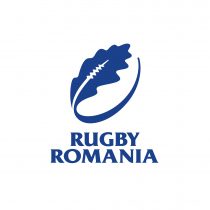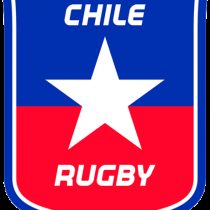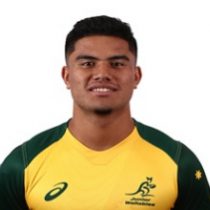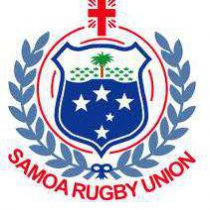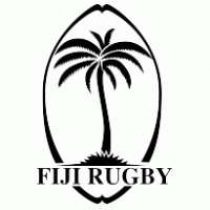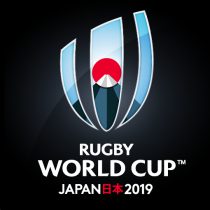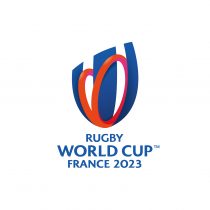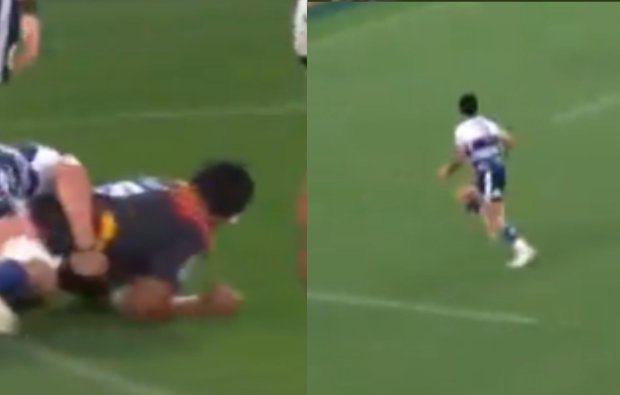Stats review - what do the figures reveal about the teams heading home?
- 5041
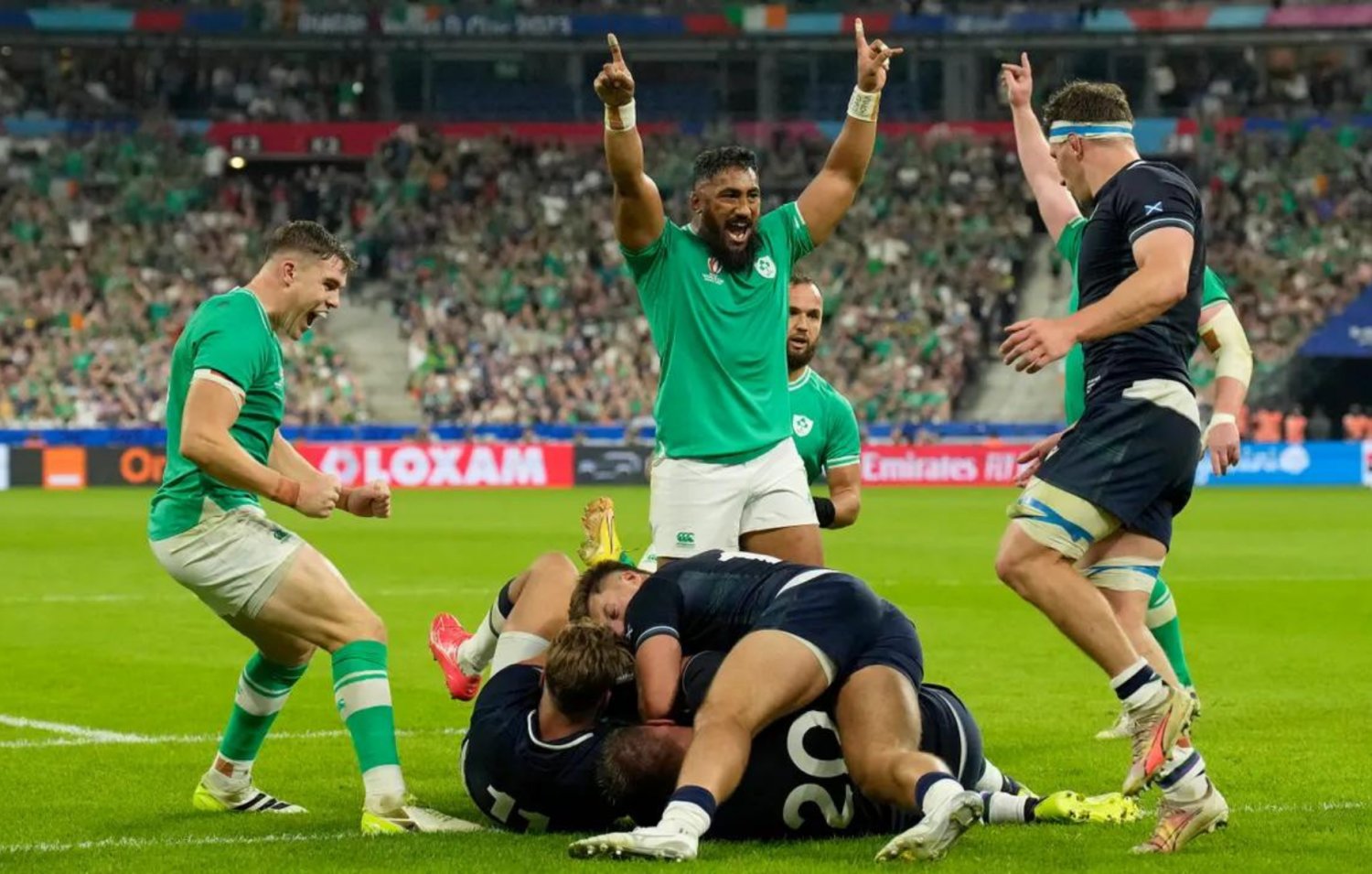
Scotland and Australia were the two topped-rank teams to miss out on the knockout stage at Rugby World Cup 2023, but there was plenty to be positive about for teams such as Portugal, Georgia and Tonga.

Pool A
Italy
Kieran Crowley’s side went two from two early on, but fell short when coming up against three-time champions New Zealand and hosts France in their last two games. Ultimately it was the set-piece that cost Italy; they had the worst scrum success of any team (75%), losing an average of 1.3 scrums per game, and ranked 15th out of the 20 teams for lineout success in the group stage (81%).
In defence, they had the fifth-best tackle success (87%) and ranked second for dominant tackles across all the teams in the competition (11.5 per game), but were unable to stop their opposition gaining momentum by winning the ball back - ranking only 16th for turnovers won (5.3 per game).
“In rugby when you're struggling to play your basic game, that's what happens,” captain Michele Lamaro told journalists after the loss to France confirmed the end of their journey. “I know that we would like to wave a magic wand but there is no such thing in this game.”
Uruguay
A team beaten three times but they pushed France close and were beating Italy by 10 points at half-time in Nice. Uruguay’s struggle was their inability to keep hold of the ball; their turnovers conceded put them down in 13th for the competition overall, and their positive outcomes of 60 per cent was the second-worst of anyone at Rugby World Cup 2023.
However, one major positive was their work at the breakdown, where they were ranked second best for breakdown turnovers won (4.5 per game) contributing to the fifth-most won overall (6.8 per game).
Flanker Manuel Ardao was the standout in that area, accounting for seven of his team’s total of 18.
"He’s a master at that,” Italy’s assistant coach Marius Goosen said of Ardao after their game against Uruguay. “There’s probably only two or three guys in world rugby at the moment that have the skill that number six has around the breakdown - like [David] Pocock used to have."
Namibia
Namibia were unable to claim an historic first Rugby World Cup victory at this year’s tournament, but they certainly made an impact in the literal sense.
Allister Coetzee’s side were ranked third for dominant collisions (34.5 per game), an incredible stat when you consider they had the third fewest carries at the tournament to date. That means in terms of percentages, they were top of the pile out of all the teams, despite being in a hugely physical group with France, the All Blacks and Uruguay.
Their ruck speed was seventh fastest on average (3.61 seconds), but even though combining that with their collision dominance couldn’t afford them victory, they still won hearts with their positive, free-flowing running rugby.
"We’re not going to reach anything if we kick for poles,” captain Johan Deysel said during the tournament. “We’re going for touch and we’re going to try to score tries. That’s what rugby’s about, that’s the fun part of it and that’s what the crowd likes.”
Pool B
Scotland
Scotland threw everything they had at getting out of their group. Gregor Townsend’s side topped the charts for average carries per game (151.8), defenders beaten (42.5) and offloads (14.3), and averaged second for line breaks (11.3) and metres made (681.8).
In fact, they scored more tries (21) than any team on the other side of the draw, but their side of the draw meant they had to play Ireland and South Africa, and they were unable to convert that running rugby into points against the strong defences of those two powerhouses.
In the end, Scotland were ranked fifth for red-zone entries (12.3 per game) but only fifth for efficiency (2.22 points per entry), which cost them a place in the knockouts.
"Credit to their defence. It is probably one of the best I’ve played,” centre Sione Tuipulotu said after the game against Ireland. “They made things really tough for us in the finish zone. We couldn’t get over the line."
Tonga
Tonga are a side revered for their physical approach, but perhaps surprisingly they were ranked 19th in the tournament for dominant collisions (34%), behind only Chile. That translated in being unable to recycle their ball quickly enough to stress those defences any further, their average ruck speed of 4.43 seconds putting them 15th in the tournament.
Their red-zone efficiency was a bit of an anomaly as it is where they were ranked third at 3.45 points per entry, but it was perhaps skewed by the fact they scored a try from their solitary red-zone entry against Ireland in their first game. Either way, the fact they averaged nine entries per game, 13th-best at RWC 2023, was telling in that they were playing rugby in the wrong areas.
Departing coach Toutai Kefu believes Tonga’s attack will benefit from them being able to play more games together in the future.
”It just makes sense that it’s going to take longer for us to get on the same page,” he said after defeat by South Africa. “You look at today, there were three or four turnovers that led to their tries. They’re tier-two mistakes. Spending more time together will fix that up, I believe. Getting more regular competition will fix that up.”
Romania
Romania came away without any victories at Rugby World Cup 2023, but one positive was that they tried to play with speed, averaging the fifth-fastest ruck speed of any team (3.52s).
Their scrum was also solid, winning the fifth most per game (6) for the ninth best success rate at 90 per cent. However, their lineout was poor, winning the fewest overall (8.8 per game), putting them in 17th for lineout success with 74 per cent.
The Mighty Oaks were forced to do a lot of defending in the tournament, their average of 141.3 per game the fifth most at Rugby World Cup 2023, but they also missed more on average than any other team (47.5 per game). Adrian Motoc was an indication of their hot-and-cold defence, making the most tackles for his team (49) but also missing the most (17).
However, most teams would battle in a pool with three of the top-five ranked teams in Ireland, South Africa and Scotland.
"We struggled a bit in the first three games,” back-row André Gorin said after their final game. “The first two in particular were very tough physically, against powerful teams. It's hard for a small team like us to hold on, even though we played some good rugby and did some nice things at times.
"The matches could have been different without those little mistakes we made. We're still a very young team, lacking experience at this intensity, at this level.”
Pool C
Australia
The second-highest ranked team not to reach the quarter-finals after Scotland, and the first time we’ve seen the Wallabies not make it past the group stage.
In defence, Eddie Jones’ side made the third most dominant tackles of the tournament (10.3 per game) but missed an average of 22.3 per game to put them all the way down in 16th overall for tackle success (82%), which contributed to them losing games to Wales and Fiji that saw them miss out on the knockouts.
One knock-on effect from the poor tackling was their inability to get parity at the breakdown; ranking 13th for turnovers won with an average of just 5.5 per game. The Wallabies’ discipline was also poor, conceding 12.8 penalties per game, which ranked them 16th in that area.
"The game has always gone between contest and continuity,” Jones said after his team’s final game. “The balance we want is to be able to play both games. If the game goes too far to the contest, which is a brutality game, then it's just one sort of game.”
Portugal
Portugal’s historic win against Fiji in the final group-stage game at Rugby World Cup 2023 was delivered on the back of trusting themselves in possession.
The Portuguese were ranked seventh for average carries per game (118.3), ninth for metres made (487.0), sixth for line breaks (7.8) and fourth for offloads (118.3). That rugby was evident in their final try at Rugby World Cup 2023, which delivered their famous victory over Fiji.
"This final try corresponded to the team's DNA,” departing head coach Patrice Lagisquet said. “These players are really generous, capable of playing the width of the pitch. The Portuguese championship has less structure but the speed and the width is great, they have fantastic players."
They were also adept at getting the ball back, winning an average of 7.5 breakdown turnovers per game, behind only Fiji across all the teams in the pool stage.
Georgia
The Georgians played to their strengths relatively well and got decent output from doing so. They were fourth best for scrum success in percentage terms (94%), winning the fifth most overall with an average of six per game.
They played a territorial game, ranking fourth for kicks in play (29.8 per game) but weren’t able to attack the breakdown, winning the fewest turnovers at the breakdown of any team (1.5 per game), which contributed to the second-fewest turnovers won overall (4.3).
Aside from the basics they were also happy with ball in hand. Davit Niniashvili led Georgia from the front with the most carries (52) for the most metres (524) - the next best in the team was 292 - and the most defenders beaten (22), which showed that their game is evolving.
"Our style of play is changing a bit,” attack coach Cory Brown said. “We have always been known for really strong forwards, strong scrum, strong maul. Everyone else has that now. It's just about regrouping, getting everyone playing tier-one teams as much as we can. Rugby is really popular in Georgia so we've just got to keep growing and keep making it better.”
Pool D
Japan
Japan fought valiantly but were knocked out by Argentina in their final pool game. Jamie Joseph’s side had to make the most tackles in the tournament (166.8 per game), overtaking Wales in the last round. Michael Leitch made the most with 62, but ultimately he and his team-mates were unable to replicate the heroics of Rugby World Cup 2019 and make it to the quarter-finals.
Their discipline was outstanding throughout RWC 2023, conceding the fewest penalties per game (8.0) across the tournament, with an average of only 2.5 of those conceded in attack.
Their set-piece was solid, too. They had the second-best scrum success (95%) and won the most scrums per game on average (9.0). Their lineout was not quite as strong on their own throw (ninth best with 84%) but they were ranked fourth for lineouts stolen (1.8 per game on average) which shows how far their game has come.
“This time, we couldn’t get to the top of Mount Everest to bloom the cherry blossoms, but our legacy, culture, goals and dreams will be carried on to the next. I believe that Japan rugby will continue to grow,” Japan captain Kazuki Himeno said after his team's loss to Argentina.
Samoa
Despite finishing fourth in the group, Samoa could make a case for being the most unlucky to miss out on the knockouts. They had one big win against Chile and then three close losses - two of those by less than one score - which meant they actually finished the tournament with a positive points difference of 17 despite only winning once.
Discipline was the real issue for the Samoans, who conceded the second-most penalties overall (13.3 per game). They also didn’t quite show up in defence in the way we thought they might, having to make relatively few tackles (108.8 per game, 15th of the 20 teams) but missing an average of 26.5 per game. They made the third-fewest dominant tackles (7.3 per game) and were fourth worst for tackle success (80%).
However, the chaos at the tackle area led to them plundering the ball from their opponents, winning an average of 7.3 turnovers per game, which ranked them third overall in that area in the group stage.
"I guess a call here and there, a mistake here and there and at the highest level you’ll pay,” fly-half Lima Sopoaga said of the fine margins of their one-point defeat by England in their final game. ”That’s a quality England team, they hung in there and they got over the line in the end. But I am incredibly proud of the team and what we tried to give out there.”
Chile
A difficult campaign for Chile, but they brought plenty to their first ever Rugby World Cup. Their scrum finished with a success rate of 90 per cent, putting them 10th in that category, and they averaged the fifth-most dominant tackles per game with 10.
That many tackles gave them a lot more opportunities to attack the breakdown, and they did so well, winning the sixth most turnovers at the breakdown with a total of 14.
With ball in hand they beat an average of 23 defenders per match, putting them eighth in that department, and in what will be a story for his grandchildren for years to come, the man who made the most line breaks (3) for the team was second-row Clemente Saavedra.
"Over time, we will see the effects of what we have caused at home and what we have left as legacy,” said hooker Tomás Dussaillant. “I hope we have inspired a new generation of Chilean players and more kids are motivated to play the sport – that was the main goal we had as a team.
"We would have liked the results to be better. But it is a first World Cup experience; we have not had the opportunity to play with teams of this level. There are a lot of learnings to take from each game and the group is going to learn and improve for the next one.”
__________________________________________________________________________________

